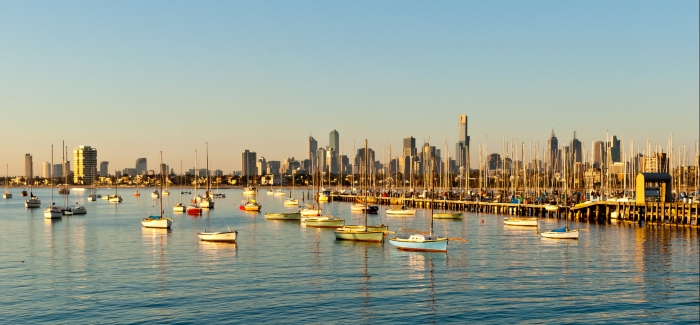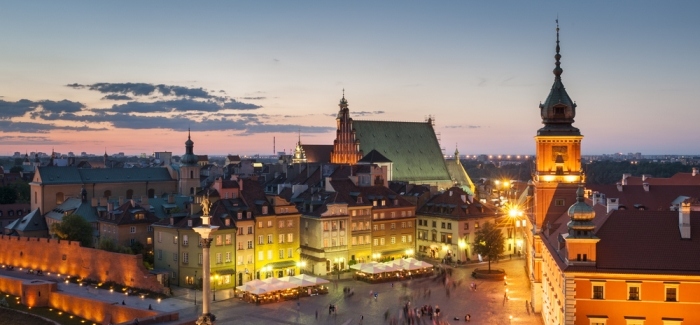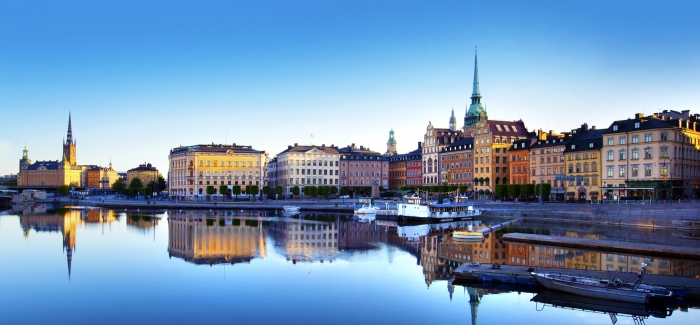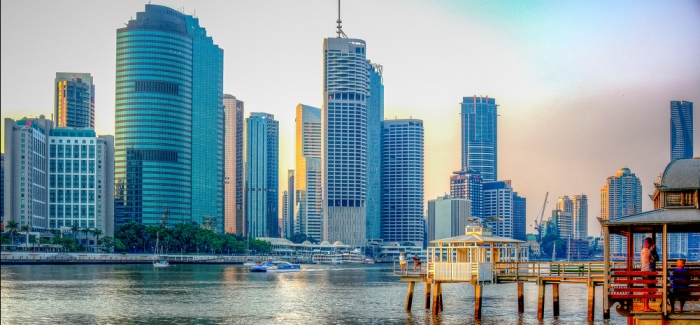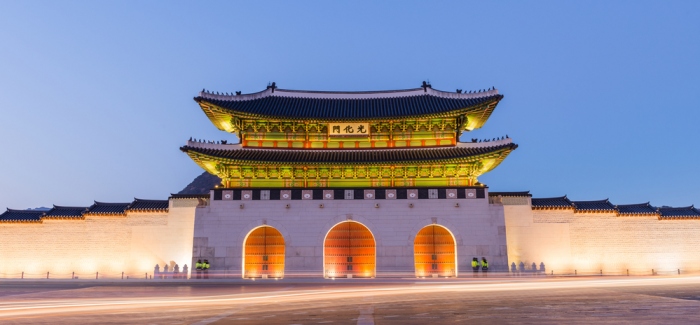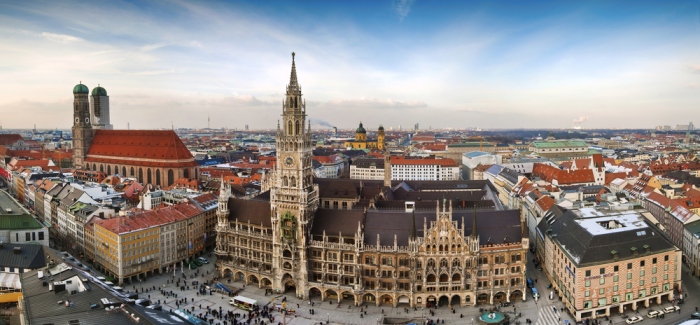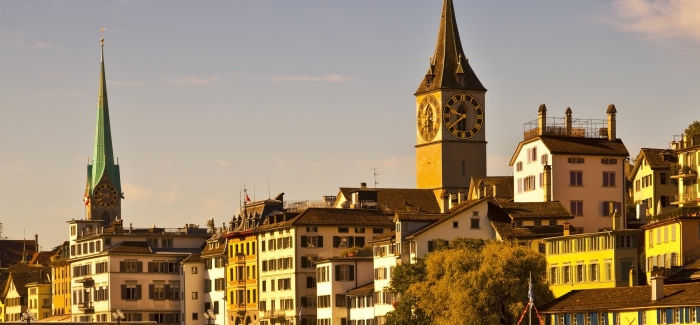Whether you’re entranced by the region’s glistening skyscrapers, the stunning cultural variety of culture or the heady appeal of good weather, friendly people and spiritual wellbeing, there are plenty of universities and locations to choose from if you decide to study in Asia.
Nine cities in Asia are featured among the world’s top 50 in the QS Best Student Cities 2015, including three cities in Japan , two in China, the buzzing capitals of Taiwan and South Korea, and the thriving island cities of Singapore and Hong Kong. Take a look at these top nine student cities in Asia, and let us know which most appeals to you as a study abroad destination.
1. Hong Kong
Average international tuition fees: US$13,000
Highest ranked institution: The University of Hong Kong (HKU, 28th in the QS World University Rankings 2014/15)
Amidst a sea of modern skyscrapers lies a city which is rich in culture, delicious foods, busy markets and natural landscapes. While over 70% of Hong Kong is made up of mountainous terrain and epic parklands, the urban jungle is where most of the universities in Hong Kong are located, meaning that international students here will get a full feel of the bustling and fast-paced city center. Although heralded for its East-meets-West diversity, Hong Kong holds on to its Asian heritage, boasting innumerable Buddhist temples, ancient ruins and cultural traditions. Thanks to its high concentration of world-leading universities, high quality of living and fairly low daily expenses, it’s currently ranked the world’s fifth best city for international students.
2. Tokyo
Average international tuition fees: US$7,700
Highest ranked institution: The University of Tokyo (31= in the world)
Claiming the title of the second best student city to study in Asia, Tokyo is 7th in this year’s QS Best Student Cities index, after climbing a dramatic 10 places since last year. While not the cheapest of cities in Asia, Tokyo also offers some of the richest rewards, with unending opportunities to explore and participate in Japanese culture – both traditional and contemporary. There’s just as much choice when it comes to education; Tokyo is home to 10 universities featured in the QS World University Rankings. And while the neon lights are hard to miss, lighting up neighborhood festivals and sophisticated nightlife spots, Tokyo also offers plenty of natural ornaments, in its manicured parks and Mount Fiji backdrop.
3. Seoul
Average international tuition fees: US$6,300
Highest ranked institution: Seoul National University (SNU, 31= in the world)
Although the only city in South Korea to feature in the QS Best Student Cities ranking, to say that Seoul is up-and-coming would be a disservice to all that the city already offers. Whether you’re a night wanderer looking for some urban Korean culture at 3am or a nature lover who enjoys a good hike, Seoul can offer you an incredible variety of activities, all set to a soundtrack of high-energy K-Pop. Now 10th in the world leaderboard of best student cities, Seoul is home to an impressive 14 universities which feature in the QS World University Rankings 2014/15. Its highest-ranked institution, Seoul National University, is now level with Japan’s University of Tokyo at joint 31st in the world.
4. Singapore
Average international tuition fees: US$12,000
Highest ranked institution: National University of Singapore (NUS, 22nd in the world)
Once a chaotic colonial port, now a glitteringly futuristic city with a great skyline and even better street food, Singapore is 15th in the world this year in the QS Best Student Cities. Despite heavy westernization and continued commercial development, Singapore is still the vibrant city it once was, now thriving on its technology industry as well as tourism and financial services. It’s become renowned worldwide for its incredibly efficient infrastructure, which means that despite the large population, things work well and people are happy. The city’s success also extends to higher education; it now boasts two universities within the global top 40.
5. Taipei
Average international tuition fees: US$3,800
Highest ranked institution: National Taiwan University (NTU, 76th in the world)
“Keep Taipei weird” has become something of a catchphrase among residents of Taiwan’s capital city, but this can only really be understood if you’ve eaten out at a toilet-themed restaurant, or enjoyed a 24/7 “shrimping” session with friends. Currently ranked the world’s 25th best city for students, Taipei’s attractions also include an annual Beef Noodle Soup Festival, the fact that it’s known as the capital of C-pop (Chinese pop/indie music), and as many as eight universities featured in the QS World University Rankings 2014/15. So, if you’re someone who thinks outside the box, appreciates a good party scene and doesn’t tire too easily, Taipei is an ideal place to study in Asia. After all, not only is it wonderfully strange, it’s also shockingly cheap!
6. Beijing
Average international tuition fees: US$5,000
Highest ranked institution: Tsinghua University (47th in the world)
Now a shining beacon of modernity, Beijing has emerged from an extraordinary imperial history into the buzzing capital at the center of the world’s fastest-growing economy. Acting both as China’s political base and cultural heart, Beijing offers opportunities to explore hidden temples and fascinating histories, amidst a modern maze of concrete, glass and steel. Beyond the city center, you may want to escape the mayhem by visiting the renowned Great Wall, as well as more rural areas in which moments of peace and quiet can thankfully be found. Joint 26th in QS Best Student Cities 2015 (alongside distant Edinburgh), Beijing is perfect for students interested in China – past, present and future – keen to explore all the hidden (read: untouristy) gems the city has to offer.
7. Shanghai
Average international tuition fees: US$4,300
Highest ranked institution: Fudan University (71= in the world)
China’s largest city by population, Shanghai follows closely behind the capital at joint 32nd in the QS Best Student Cities 2015, alongside Dublin. Like many Chinese cities, in recent years Shanghai has seen massive economic growth, thanks to a huge export market and large amounts of foreign investment. Now Shanghai stands as one of the largest business cities in the whole of East Asia, highlighted by the swanky buildings and the luxurious places to eat, drink and be entertained. There are also plenty of places to get a world-class education – seven universities in Shanghai feature in the QS World University Rankings 2014/15. With more cars than the rest of the country put together, Shanghai can get a little too much for the senses and for the lungs, but once you know your way about, you’ll soon discover why this is such a popular place to be.
8. Kyoto
Average international tuition fees: US$9,000
Highest ranked institution: Kyoto University (36th in the world)
Once Japan’s capital and now offering a slightly calmer but no less enthralling alternative to Tokyo, Kyoto has climbed in this year’s QS Best Student Cities to reach 34th place. Kyoto offers a little more of Japan’s tranquil side, with a myriad of temples, palaces, and beautifully tended gardens extending across the city. But despite this peace and quiet, Kyoto certainly finds its voice when it comes to arts and culture. Whether it’s the museums, or the shops of the old merchant quarters that you want to explore, Kyoto offers a comparatively laid-back but wholly alive culture which may well appeal to those who want to study in Asia without too much sensory overload.
9. Osaka
Average international tuition fees: US$5,000
Highest ranked institution: Osaka University (55= in the world)
Making its debut in the QS Best Student Cities ranking this year, Osaka is a new entry at 48th in the world. Japan’s third offering on this list of top student cities in Asia, Osaka offers a vibrant yet easy-going atmosphere in close proximity to Kyoto. Development continues in this city thanks to government investment, meaning Osaka is likely to become an even more appealing study abroad destination in the coming years. Want to be ahead of the curve? Consider Osaka for its good-natured residents, unpretentious but incredibly tasty cuisine, and its fine selection of arts and entertainment.

